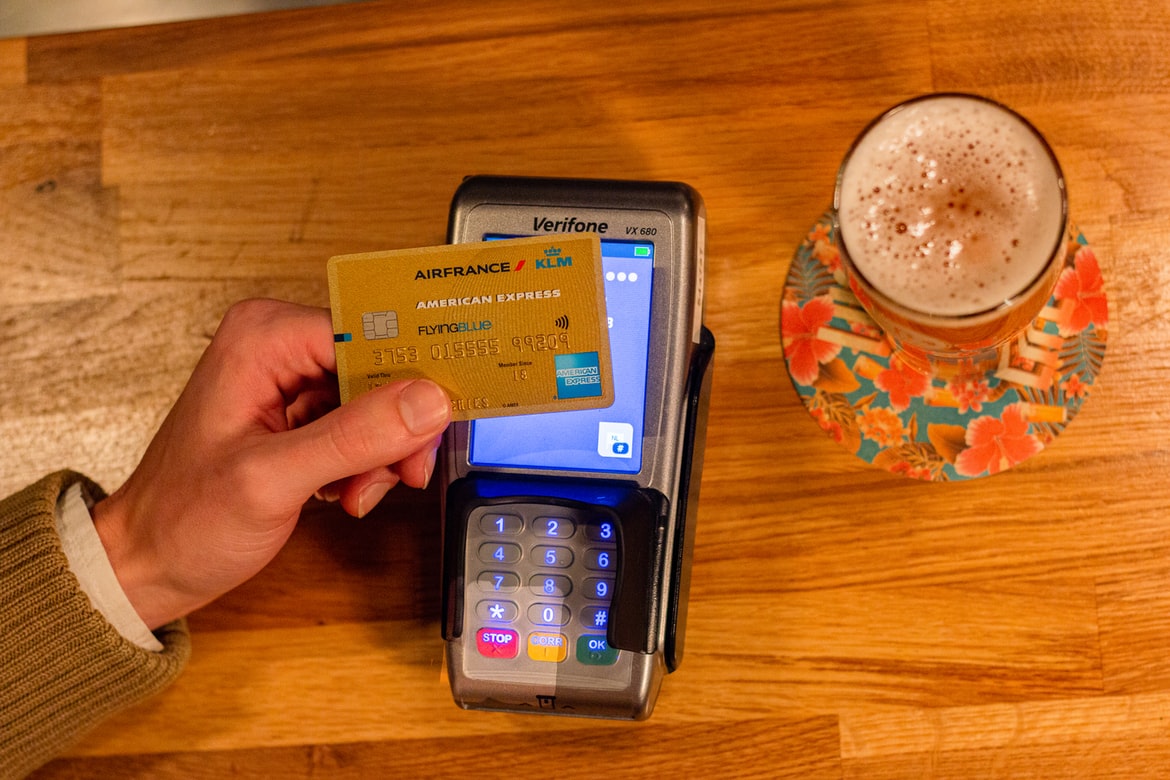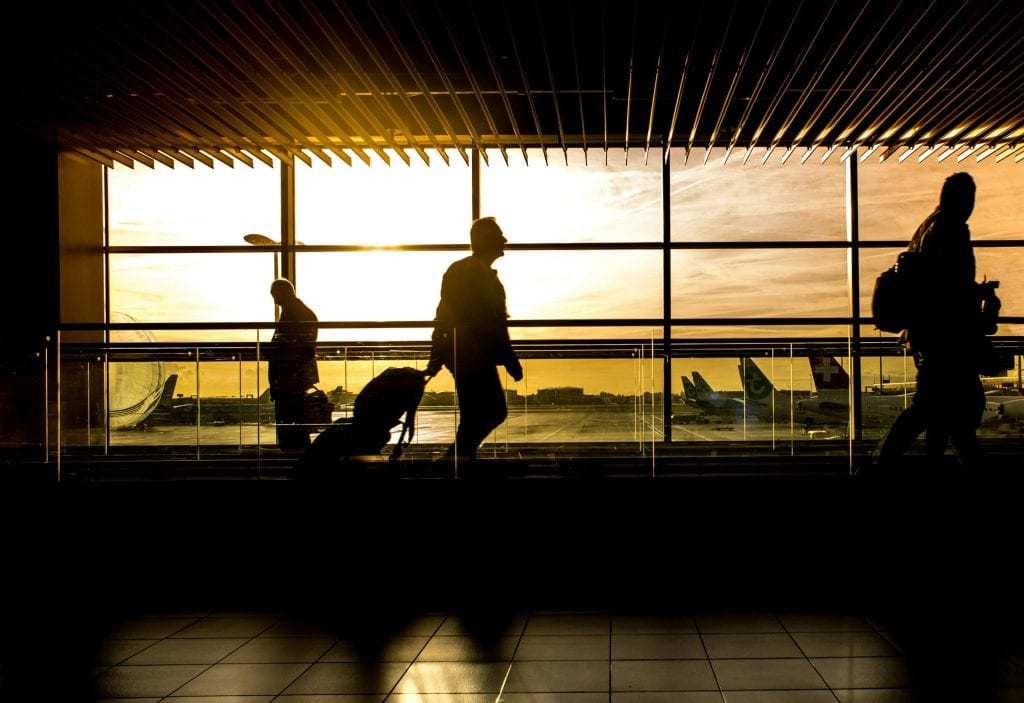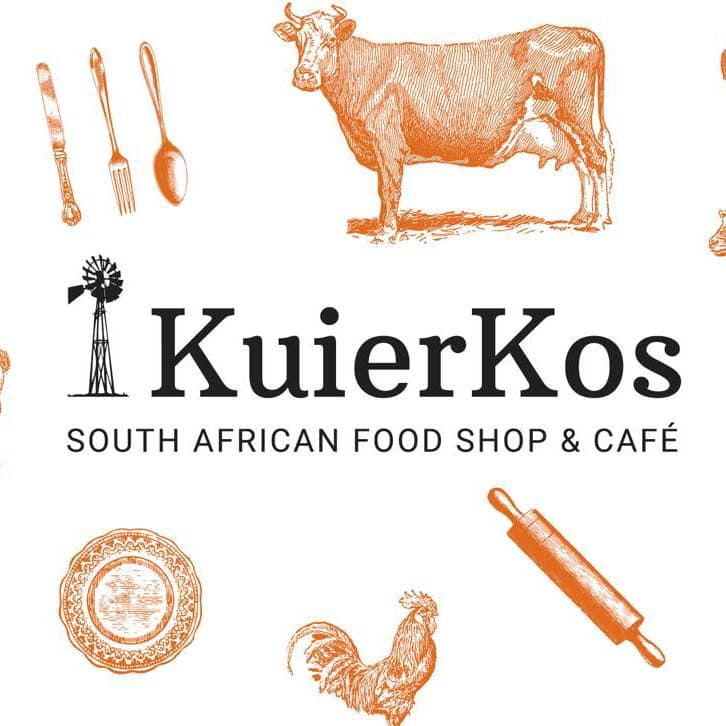Have you ever wondered what the cost of living is in other countries and how it compares to South Africa?
Apart from the cost of living, factors such as buying power, average salary and quality of life also need to be considered.
Pretoria rates high when it comes to quality of life and is regarded as comparable to London and New York. Cape Town and Durban rates even better and the quality of life in these cities rates close to that of Los Angeles and Brussels. All three cities however, are among the top six cities in the world on the crime index. How does the cost of living of other countries compare with South Africa’s?
USA
Consumer prices in the United States of America (USA) are 58% higher than in South Africa, the cost of rent is 169% higher, restaurant prices 61% and groceries 92% higher. You obviously need to take buying power into account as well, since the USA’s buying power is 28,25% higher than South Africa’s. If you look at specific cities, you need around R127 457 per month in New York to have the same standard of living for R39 000 in Pretoria. Generally, a meal for two at a restaurant that will cost you R600 in South Africa, will work out R881 in the USA. A cappuccino will cost you about R65.
Fruit such as apples and oranges will cost you about double what it costs in South Africa, while items such as milk, Nike sneakers and jeans will work out 15%–20% cheaper.
Renting a one bedroom apartment can cost you between R17 854 and R22 534, while a three bedroom unit can cost up to R39 904. Interest rates are very reasonable, around 3%, compared to South Africa’s 8%. The average salary in America is R52 912 per month, which is 140% more than in South Africa.
• School fees: R230 550 per child per year
• Housing (three bedroom unit outside the city centre): R31 442,52 per month
• Fuel: R14,16 per liter
New Zealand
The cost of life in New Zealand is higher than that of America, Germany, France or the United Kingdom. Living in Auckland is twice as expensive as living in Cape Town. If you rent an apartment in both cases and your expenses are R43 00 in Cape Town, it will cost R83 066 a month to live in Auckland, New Zealand. What is astonishing is that shopping for goods in Auckland will cost you 121% more than in Cape Town, but the buying power is only 9,24% stronger. It is far cheaper to live in Christchurch – if you emigrate there from Johannesburg consumer goods will be about 68% more expensive and shopping just 104%, but you also earn a lot less and the buying power is only 3,2% stronger than somebody living in Johannesburg.
Generally, when one compares South Africa with New Zealand, consumer items are 75,91%, rent 91% and restaurants about 76% more expensive. A McDonald’s meal that costs R65 in South Africa will cost you R131,75 in New Zealand. A dozen eggs will cost you more than R65 and a packet of Marlboro cigarettes R357,24. An average bottle of wine, that cost R80 in South Africa, will cost you R152. Preschools are expensive and can cost over R11 000 per child. One big advantage of New Zealand is that their average salaries are quite high – it is calculated at R41 463 and their interest rates on home loans are half that of South Africa.
• School fees: R170 876,28 per child per year
• Housing (three bedroom unit outside the city centre): R22 311,9 per month
• Fuel: R28,53 per litre
Australia
Consumer goods are about 74% more expensive in Perth compared to Pretoria (countrywide the average is 80% more expensive), your shopping will be 113,32% more expensive, your rent 127% and restaurants 84,53% more expensive. A McDonald’s meal costing R70 in Pretoria will cost you R137,39 in Perth, while a kilogram of beef will be R193,72 in Perth compared to an average of R116,33 in Pretoria. A local beer in Perth costs almost R110 and a Coke about R40. Internet is somewhat cheaper in Perth. A Toyota Corolla 1.6l will be about R20 000 cheaper.
Generally, when you compare Australia with South Africa, the buying power in Australia is more than 45% better, which makes a big difference.
Interest rates are also even better than New Zealand’s (about 3%). It is interesting to note that the average salary in Australia is almost three times as much (R62 118) as in South Africa. If you take that into account, you will still be able to do more with your salary in Australia than in South Africa, even if the cost of living is 80% more expensive.
• School fees: R189 953,11 per child per year
• Housing (three bedroom unit outside the city centre): R24 526,04 per month
• Fuel: R21,83 per litre
Canada
Canada has a very low interest rate of about 2,59% (compared to South Africa’s 8,23%). The average salary is slightly lower than in Australia, but also substantially higher than in New Zealand. The biggest expense in Canada is housing, where the cost of a flat per square metre is between 574% and 602% higher than in South Africa. Renting is a cheaper option, although a three bedroom flat can cost between R25 249,59 and R29 847. Fuel is cheaper than in South African and currently stands on R17,25 a litre.
Chicken fillets, which cost almost R74 per kilogram in South Africa, is R160 in Canada. Bananas are somewhat cheaper per kilogram while tomatoes can be twice as expensive at R53,14 a kilogram. A meal at a cheap restaurant will cost you about R234 while a three-course meal for two people will set you back R936,17. A beer (500ml) at a restaurant is about R70 and a bottle of water R22. Internet is somewhat more expensive than in South Africa while preschools can cost you up to R13 000 per month per child. Buying power in Canada is more than 44% more than in South Africa while overall cost of living is more than 75% more expensive.
• School fees: R206 298,26 per child per year
• Housing (three bedroom unit outside the city centre): R25 249,59 per month
• Fuel: R17,30 per litre
Share on
Latest articles




















